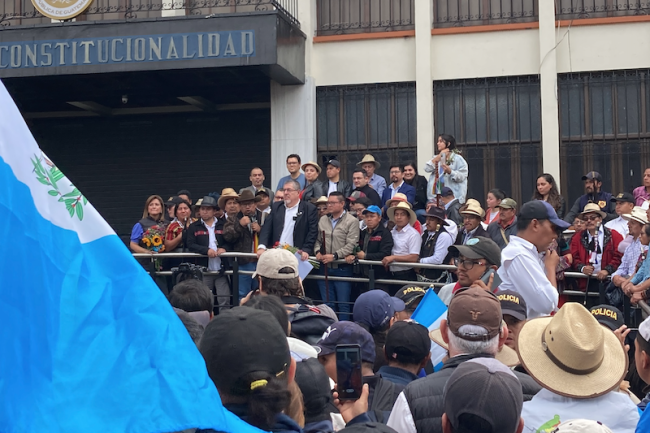This report explains how issuances of Special Drawing Rights (SDRs) by the International Monetary Fund (IMF) are an effective tool to mitigate the effects of the multiple crises that Latin American and Caribbean countries currently face. SDRs are among the most important alternative financing mechanisms available within the international monetary system, as they can generate new resources without increasing debt levels. Untapped for decades, recent issuances in 2009 — to address the effects of the global recession — and in 2021 — to help countries respond to the COVID-19 pandemic — reintroduced SDRs as a powerful instrument for addressing global emergencies. However, the scale of their impact could be much more significant.
The current context, marked by the climate crisis, economic stagnation, and rising external debt burdens, calls for a strong, coordinated, and global response by the international community. So far, however, the response has failed to meet these challenges sufficiently or adequately. Given these circumstances, a new SDR issuance becomes not only relevant but also necessary for ensuring that countries of the Global South receive the financial support required for climate change adaptation and mitigation, as well as for the achievement of the Sustainable Development Goals (SDGs). In order to achieve further issuances of SDRs, a coordinated push by Latin American and Caribbean countries, together with other countries and organizations in the Global South, is essential.

